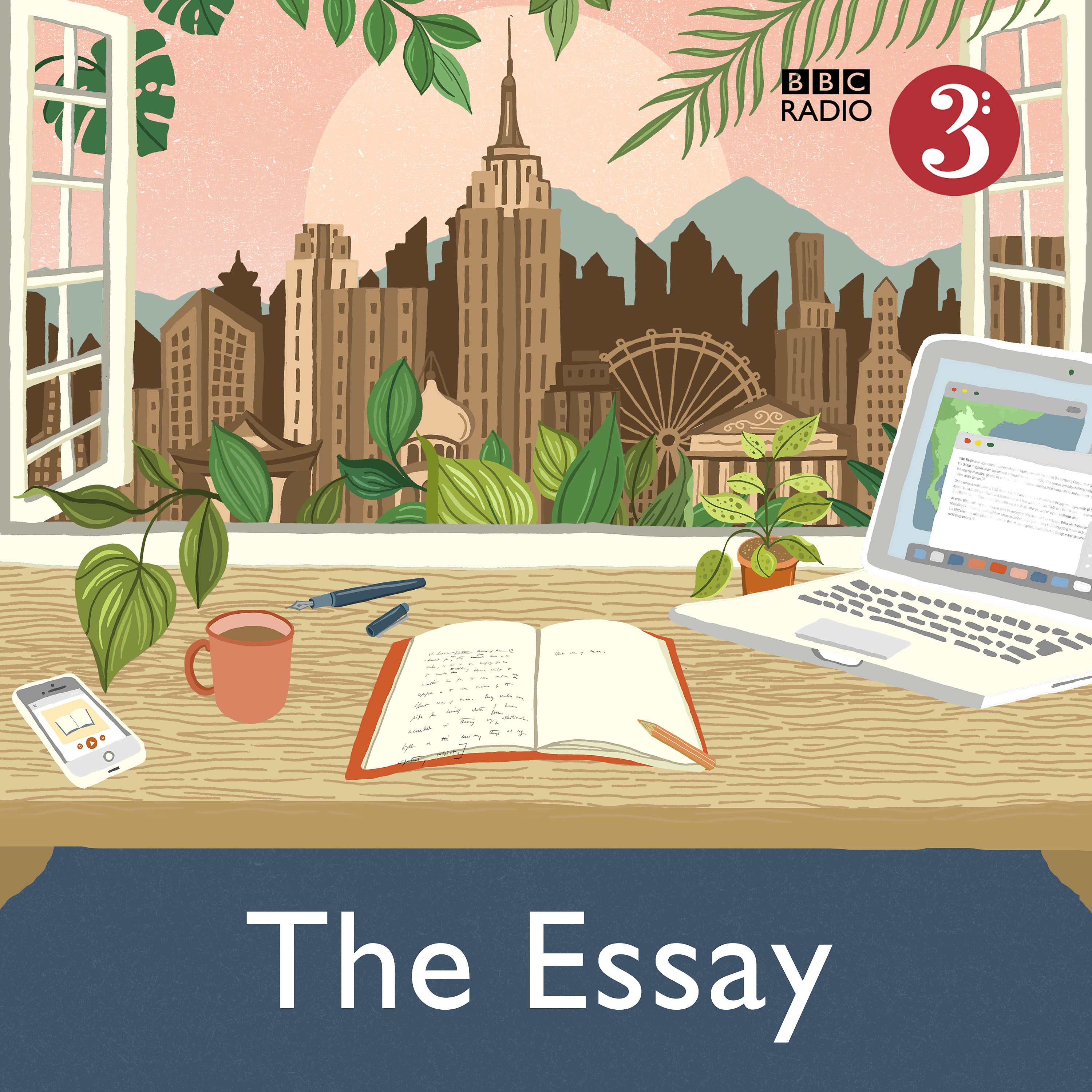- Culture
- SEE MORE
- classical
- general
- talk
- News
- Family
- Bürgerfunk
- pop
- Islam
- soul
- jazz
- Comedy
- humor
- wissenschaft
- opera
- baroque
- gesellschaft
- theater
- Local
- alternative
- electro
- rock
- rap
- lifestyle
- Music
- como
- RNE
- ballads
- greek
- Buddhism
- deportes
- christian
- Technology
- piano
- djs
- Dance
- dutch
- flamenco
- social
- hope
- christian rock
- academia
- afrique
- Business
- musique
- ελληνική-μουσική
- religion
- World radio
- Zarzuela
- travel
- World
- NFL
- media
- Art
- public
- Sports
- Gospel
- st.
- baptist
- Leisure
- Kids & Family
- musical
- club
- Health & Fitness
- True Crime
- Fiction
- children
- Society & Culture
- TV & Film
- gold
- kunst
- música
- gay
- Natural
- a
- francais
- bach
- economics
- kultur
- evangelical
- tech
- Opinion
- Government
- gaming
- College
- technik
- History
- Jesus
- Health
- movies
- radio
- services
- Church
- podcast
- Education
- international
- Transportation
- Other
- kids
- podcasts
- philadelphia
- Noticias
- love
- sport
- Salud
- film
- and
- 4chan
- Disco
- Stories
- fashion
- Arts
- interviews
- hardstyle
- entertainment
- humour
- medieval
- literature
- alma
- Cultura
- video
- TV
- Science
- en
1930s, Creating a National Music

b'
The BBC has had a powerful influence on our musical taste, and in this BBC centenary year, Nicholas Kenyon, a former controller of Radio 3 and director of the Proms, delves into the archives to explore the BBC\\u2019s role in reviving the centuries of early music from before the 18th century. In five programmes he looks at the rare repertory which the BBC broadcast, from its small beginnings in the 1920s to its acceptance in the mainstream during the 1970s. Drawing on entertaining and illuminating extracts from the BBC archives, with original music recordings, Kenyon shows the way in which early music and period-style performance gradually became part of our musical consciousness and an essential part of our listening.
In his second essay, Kenyon explores how by the 1930s the BBC had become a powerful influence on national taste and there were strong voices urging it to do more for British music. In 1934 it broadcast a 13-week series of English music \\u2018From plainsong to Purcell\\u2019 curated by the scholar, conductor and editor Sir Richard Terry. He argued for ancient music on the grounds that \\u2018our forefathers were human beings like ourselves. Music which held human appeal for them cannot be devoid of interest for us.\\u2019 Terry edited music for broadcast which had never been broadcast before, and some of which, like the sixty secular madrigals of Peter Philips, had never been heard in modern times. Early music came to form a part of national ceremonial like the Coronation of George VI in 1937, with the BBC leading the way in its celebratory concerts.
Presented by Nicholas Kenyon\\nProduced by Melissa FitzGerald
'